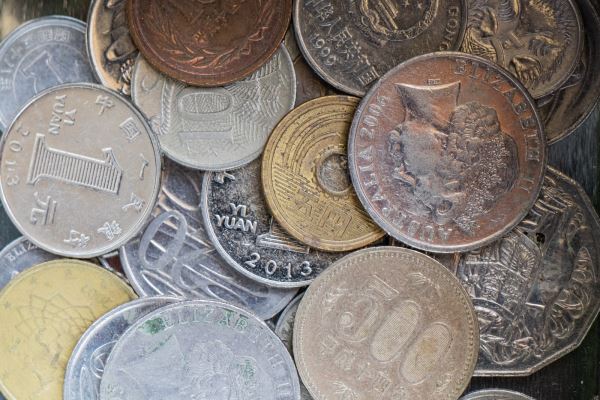
When considering whether you should clean your coin collection, there is a lot to think about. In most cases, we recommend that you try to preserve the coin’s natural patina. You should not clean your coins unless you have consulted a professional. Improper cleaning can cause damage to your coins, thus decreasing their value. Some cleaning techniques can cause other physical changes in your coins too.
If you decide that your coins absolutely must be cleaned or you feel it will not affect their value, make sure to do your research first. Do you know what cleaners are abrasive and which ones aren’t? What is whizzing? Should you use a coin dip?
Abrasive Versus Nonabrasive Cleaning
Abrasive cleaning strips all the dirt off really fast but it has some major downsides.
- Can remove some of the metal from the coin
- Can cause your coins to become discolored faster
After the cleaning, your coins may look great for a little while, but they could start showing signs of oxidation within just a couple of months. You should avoid using abrasive cleaning methods. Common abrasive cleaning methods include whizzing and coin dips.
Non-abrasive cleaning is less likely to damage the coin. However, if not done correctly, can still cause damage. You should always consult a professional about the best way to clean your coins if you are still determined to do it.
What is whizzing?
Whizzing is using a mechanical wire brush to clean the coins. This removes the “mint” or “cartwheel” luster that the coin had when it was made. Whizzing can scratch the coins and take away their natural luster. This can greatly reduce the value of the coin.
Whizzing is very abrasive and not recommended for your coin collection. You can tell when a coin has undergone whizzing by large circular scratches on the surface of the coin and if you find raised edges of metal on them.
What is a coin dip?
A coin dip is another abrasive way to clean a coin. These are sold by many brands and are very popular but they can be just as bad for your valuable coins. Coin dips are an acid-based solution meant for dipping coins in to clean them. Some think this is a harmless practice but rather than just removing dirt, it can also remove bits of metal from the coins. This is something that you should avoid doing as well.
What should I do Instead?
Numismatists (people who collect and study coins) would rather buy a coin that has never been cleaned than one that has been slightly damaged. If you are going to clean your coin collection, a professional, non-abrasive cleaning is your best option to preserve the integrity of your collection. If this does not appeal to you and you would rather do it on your own, you should only use warm distilled water. When trying it on your own, you should also test your method on some coins that are not valued higher than face value. Use a normal penny or dime to test it out first.
When in doubt, always seek the advice of a professional coin dealer.